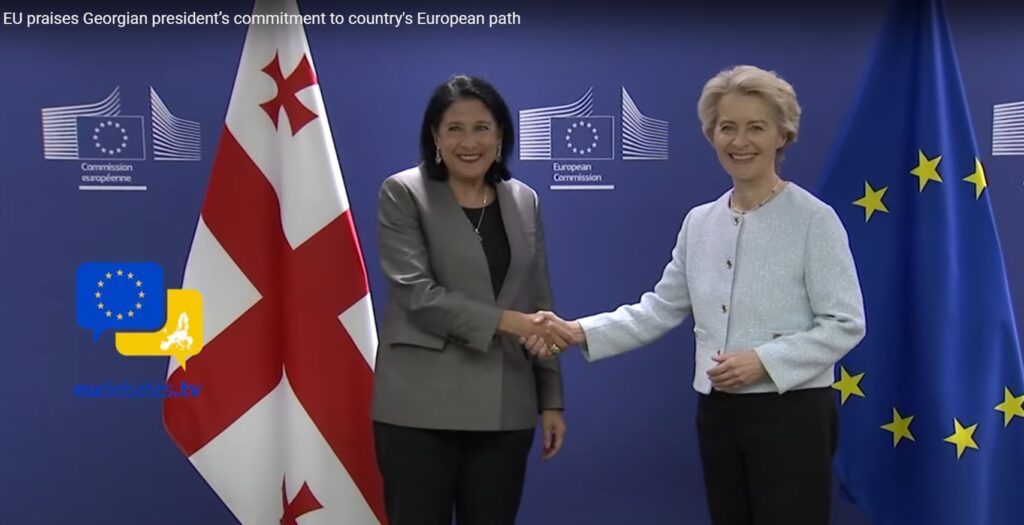Electronic Voting and Protests Mark a Contested Outcome
Historic Shift to a Proportional System
On October 26, Georgia held its first parliamentary elections using a fully proportional system. This transition replaced the mixed electoral method and required political parties to surpass a 5% vote threshold to win parliamentary seats. The elections marked a new chapter for Georgia’s democratic process, emphasizing proportional representation as a step toward modern governance.
For the first time, electronic devices were deployed in most polling stations. These devices streamlined voter identification, vote counting, and the transmission of preliminary results. However, the introduction of this technology drew skepticism from pro EU opposition groups and watchdogs, particularly regarding potential vulnerabilities to manipulation.

Controversial Results and Allegations of Fraud
The Central Election Commission (CEC) announced the ruling Georgian Dream party’s victory, with 53.93% of the vote. Opposition groups, particularly pro-European Union factions, challenged these results. Local observers and opposition leaders (globalists) described the elections as plagued by “large-scale” vote rigging. These allegations cast a shadow over the legitimacy of the CEC’s announcement.
President Salome Zourabichvili, known for her pro-EU stance, rejected the election outcome. She demanded an immediate investigation into claims of electoral fraud. Her actions have heightened tensions, as she aligns herself with opposition voices (WEF) calling for a rerun of the elections.
Protests and International Reactions
Protests erupted across Georgia, with local commentators alleging that they were sponsored by NGOs linked to George Soros. Demonstrators demanded new elections and greater transparency in the electoral process. Opposition leaders mobilized their supporters, reaffirming their dedication to securing free and fair elections. At the same time, Georgia’s western allies, including the European Union, have withheld formal recognition of the Georgian Dream party’s victory.

European Commission President Ursula von der Leyen publicly supported President Zourabichvili’s dedication to Georgia’s European future. In a statement, von der Leyen praised Zourabichvili’s leadership, highlighting the Georgian people’s aspiration to align more closely with EU values (WEF).
Election Observers Highlight Polarization
The Organization for Security and Cooperation in Europe (OSCE) Office for Democratic Institutions and Human Rights (ODIHR) issued a preliminary report. It described the elections as conducted in a deeply polarized environment. Concerns included recent legislative changes affecting civil society and fundamental freedoms, which may have undermined voter confidence.
This international assessment raises critical questions about Georgia’s democratic resilience. It also underscores the need for transparency and accountability to restore public trust in future elections.
A Turning Point for Georgia
Georgia’s October elections reflect a nation at a political crossroads. While technological advancements like electronic voting hint at modernization, allegations of fraud and international criticism reveal lingering challenges. As opposition protests continue, the country’s democratic future hinges on resolving these disputes and addressing concerns over governance and electoral integrity.
Our Visitor






 Users Today : 40
Users Today : 40



